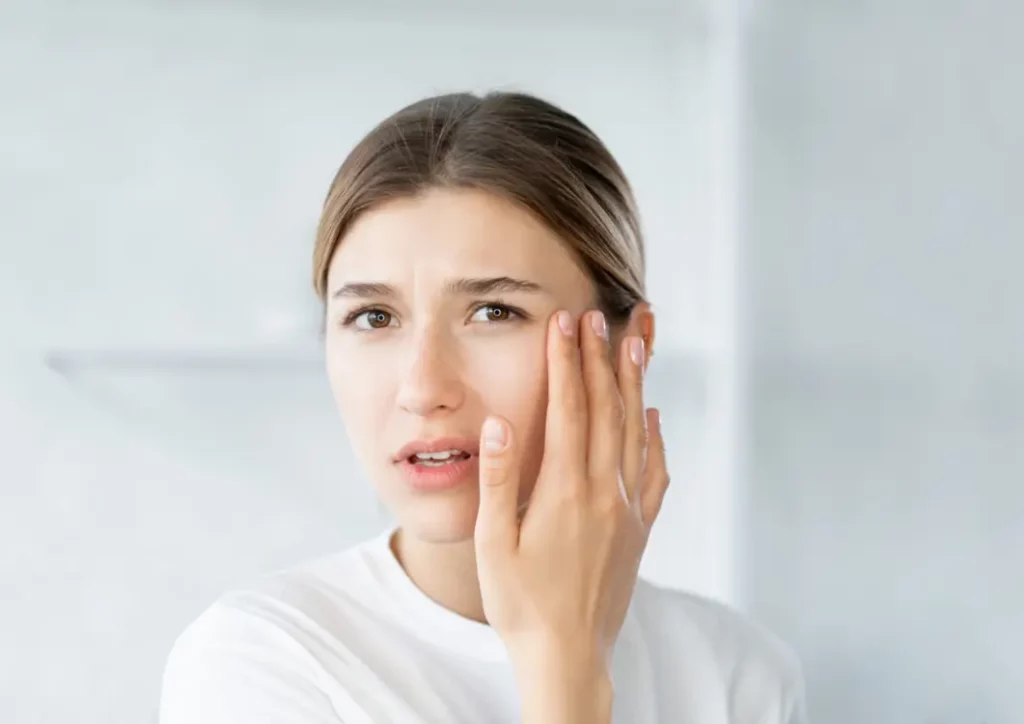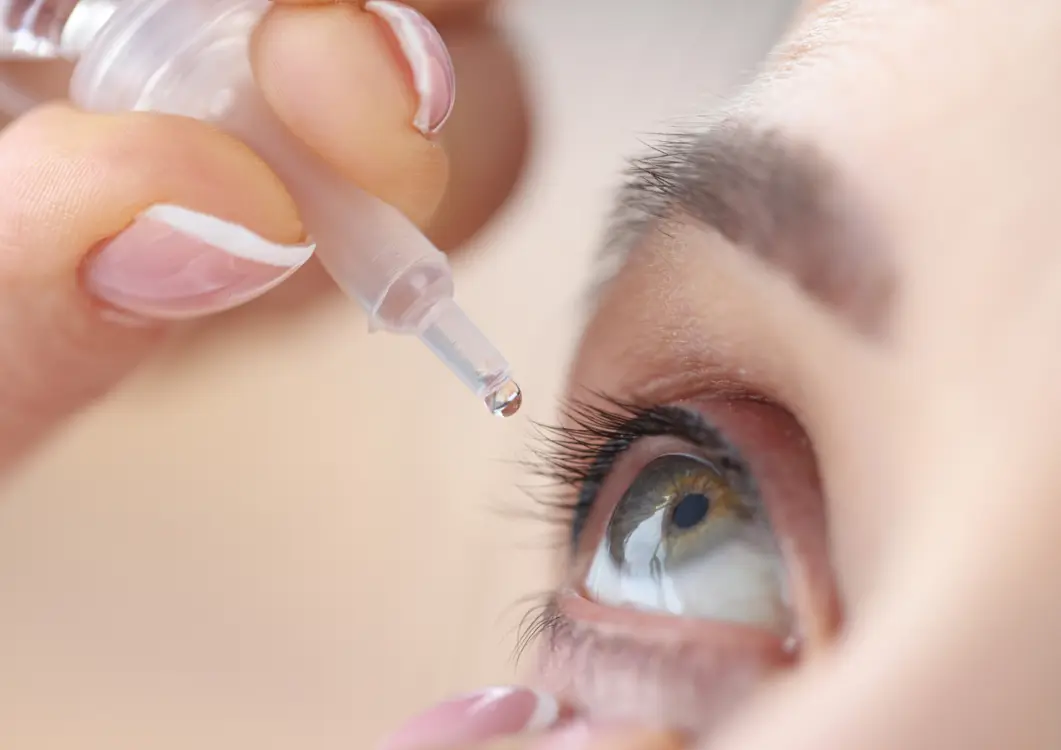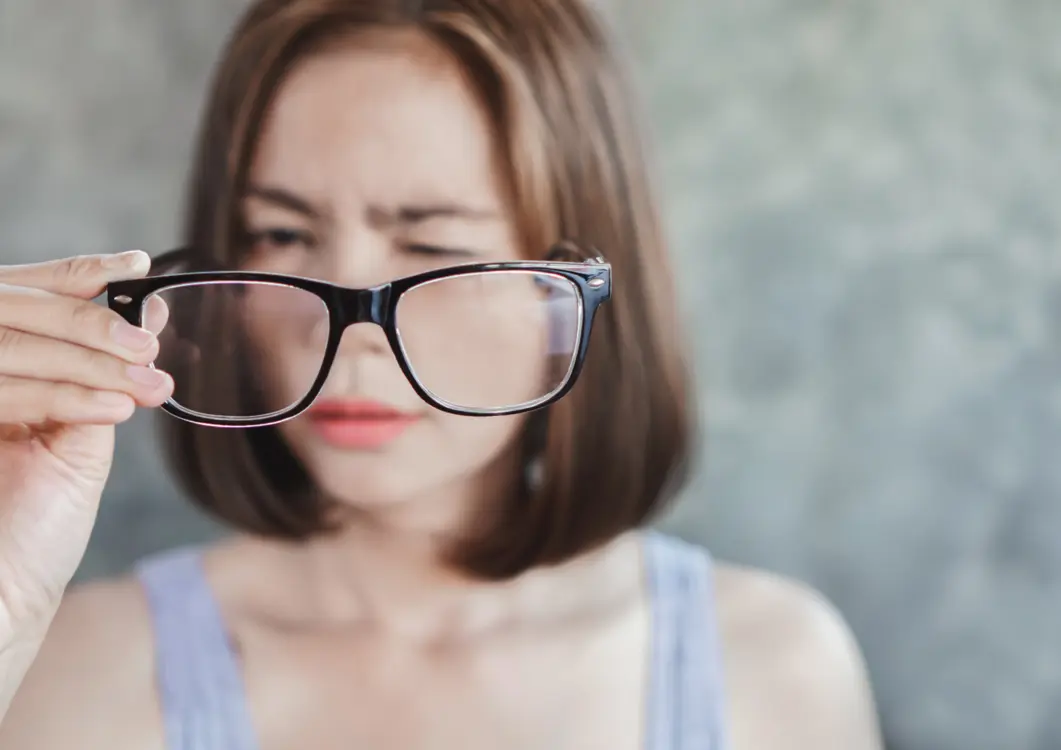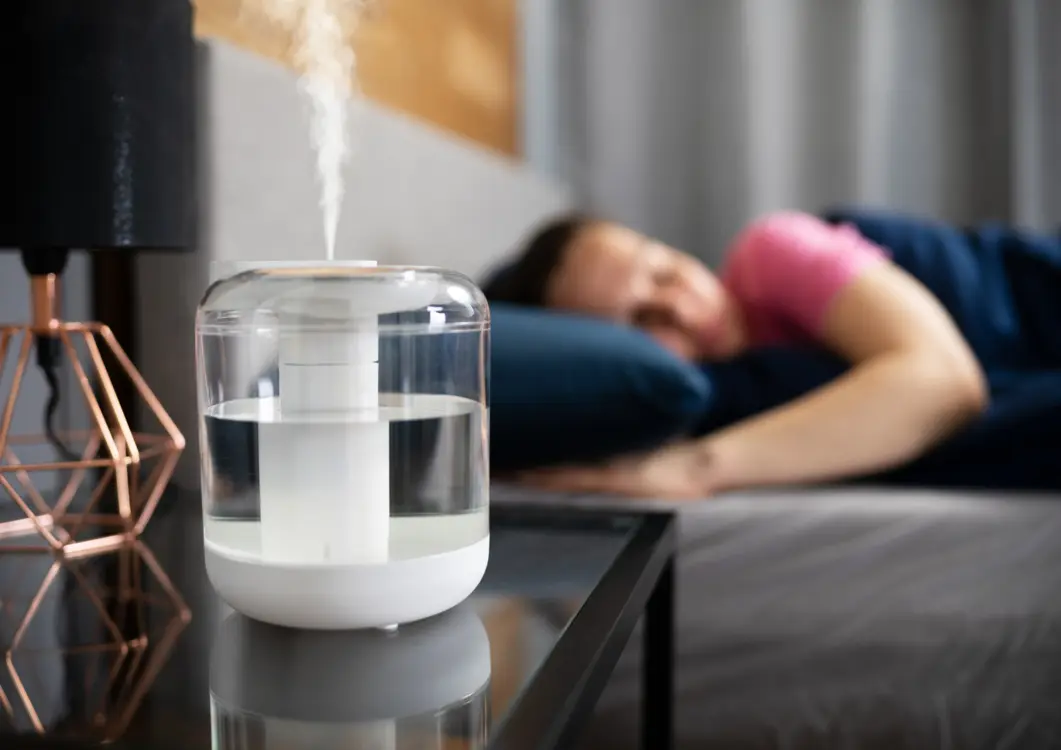
Do your eyes ever feel irritated, scratchy, or like there’s something in them, even when there isn’t? If so, you might be dealing with dry eye. This common condition can be more than just uncomfortable, and it can affect your day-to-day activities. At the Center for Excellence in Eye Care, we see this concern often – the good news is that help is available. Here’s what you need to know.
What Is Dry Eye, Exactly?

Dry eye occurs when your eyes aren’t producing enough tears, or when the tears they do make aren’t working as they should. Tears do more than you might think—they keep the surface of your eyes moist, help wash away debris, and provide essential protection. When this system isn’t working properly, your eyes may feel gritty, irritated, and occasionally blurry.
What Causes Dry Eye?
Dry eye can have many potential causes, often arising from a combination of factors. Some of the most common include:
- Aging: As people get older, especially after the age of 50, tear production usually slows down.
- Environment: Conditions like dry air, wind, air conditioning, or smoke can make your eyes feel dry and uncomfortable.
- Medications: Certain medications, such as antihistamines, antidepressants, and blood pressure drugs, can reduce tear production.
- Medical Conditions: Diabetes and autoimmune diseases like Sjögren’s syndrome can affect how well your tears function.
- Prolonged Screen Time: Looking at digital screens for extended periods can reduce the frequency of blinking, which affects tear distribution.
- Contact Lenses: Wearing contact lenses for long hours can contribute to dryness and irritation.
- Hormonal Changes: Changes during pregnancy or menopause can also influence tear production.
Often, it’s not just one of these issues, but a combination that leads to symptoms.
How Do You Know It’s Dry Eye?

Wondering whether your discomfort might be dry eye? Here are some typical signs:
- A sensation of something in the eye
- Burning, stinging, or itching
- Red or irritated eyes
- Fluctuating or blurred vision
- Sensitivity to light
- Eyes that feel tired or heavy after reading or screen use
- Excessive tearing (a reflex response to dryness)
These symptoms may come and go, or persist throughout the day, making everyday tasks more difficult than they need to be.
Effective Treatments for Dry Eye
The good news? There are many ways to manage and treat dry eyes. At the Center for Excellence in Eye Care, we offer options based on your individual needs:
- Lubricating Eye Drops: Artificial tears available over the counter can provide temporary relief. You may need to try a few to find what works best.
- Prescription Eye Medications: Medications like Restasis® or Xiidra® can help increase natural tear production and reduce inflammation.
- Punctal Plugs: These are tiny inserts placed in your tear ducts to slow tear drainage and keep your eyes better hydrated.
- Warm Compresses: Applying gentle heat to the eyelids helps clear blocked oil glands and improve tear quality.
- Hydration: Staying well hydrated is a simple but often overlooked way to support tear production.
- IPL (Intense Pulsed Light) Therapy: IPL uses gentle light pulses to reduce inflammation and improve the function of Meibomian glands, which are critical for healthy tear production. It’s a quick, non-invasive treatment that can offer significant relief for those with chronic dry eye.
- LipiFlow® Treatment: For patients with Meibomian Gland Dysfunction (MGD), LipiFlow® may be recommended. This in-office procedure applies controlled heat and pressure to clear blockages in the eyelid glands. It’s quick and non-invasive, and many patients find lasting relief after just one session.
Tips for Preventing Dry Eye Flare-Ups

In addition to medical treatments, simple daily habits can help reduce symptoms and prevent future discomfort:
- Follow the 20-20-20 Rule: Take a 20-second break to look at something 20 feet away every 20 minutes while using screens.
- Use a Humidifier: Adding moisture to the air, especially in dry environments, can ease eye dryness.
- Remember to Blink: Be mindful of blinking while reading or using digital devices.
- Avoid Smoke Exposure: Both smoking and secondhand smoke can worsen eye dryness and irritation.
These small changes can make a noticeable difference over time.
You Don’t Have to Live With Discomfort
Dry eye is a common condition, but it shouldn’t be ignored. If you’re frequently experiencing dryness, irritation, or blurred vision, it may be time to have your eyes checked. Understanding the root cause can make a big difference—and so can finding the right solution tailored to your needs.
Take the First Step Toward Relief
Whether your symptoms are occasional or ongoing, support is available. Reach out today to schedule your evaluation with the caring team at the Center for Excellence in Eye Care. Clear, comfortable vision could be closer than you think.

